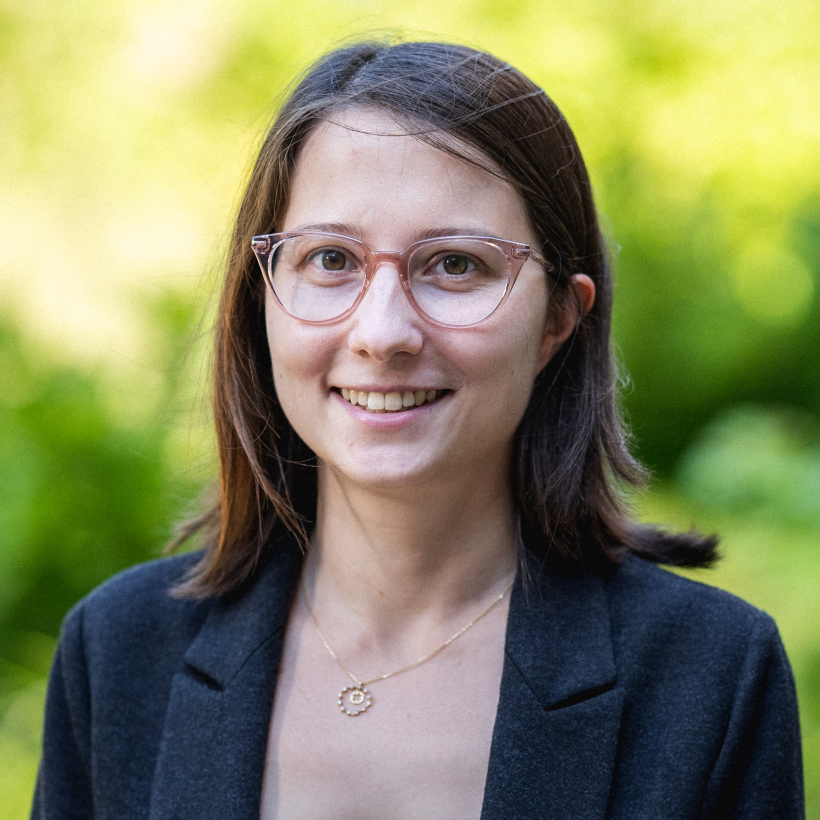İpek Ece Şener – College Fellow, Harvard University
Quick Bio
- Undergraduate: Political Science and International Relations, Boğaziçi University, 2016

- Master’s Degree: Political Science, Sabancı University, 2018
- PhD Degree: Political Science, Washington University in St. Louis, 2024
- Current Position: College Fellow, Harvard University
- Location: Cambridge, Massachusetts, ABD
What does your current job involve? What’s a typical day like?
I am currently working as a postdoctoral researcher at Harvard University. Each semester, I teach one course, and aside from that, I mainly focus on my own research. Teaching days are usually filled with preparing lectures, teaching, meeting with students during office hours, and coordinating with the teaching assistant. On non-teaching days, I have more flexibility to concentrate on my research projects, attend seminars and workshops, and engage in academic writing and data analysis.
How did your Political Science and International Relations education at SU contribute to your current position?
I can say with full confidence that without the education I received at Sabancı University, it would not have been possible for me to reach where I am today. The up-to-date and rigorous course content, the emphasis on research quality, and the accessibility of the faculty gave me both confidence and a solid foundation for the later stages of my academic career. The supportive and encouraging academic environment at Sabancı fostered students’ growth and enabled them to realize their potential. Over time, I have come to appreciate even more how valuable this atmosphere truly was.
What was your favorite course in Political Science at SU, and why?
I learned so much from every course I took and followed them all with great interest—it is hard to choose just one! In Prof. Ersin Kalaycıoğlu’s Turkish Politics course, I gained an understanding of the structure and functioning of political institutions in Turkey. In Prof. Sabri Sayarı’s Comparative Politics course, I learned about different regime types and how political parties operate. From Prof. Özge Kemahlıoğlu’s Formal Modeling course, I acquired the basic principles of game theory and how they can be applied to politics. In the research methodology courses of Prof. Emre Hatipoğlu and Assoc. Prof. Mert Moral, I studied key aspects of research design, measurement, and statistical analysis. And there was much more. I would say that Prof. Kalaycıoğlu’s Turkish Politics course was the most influential for me, as it greatly improved my understanding of Turkish politics.
In addition, I served as a teaching assistant for Prof. Faik Kurtulmuş’s Law and Ethics course for three semesters. From him, both in class and in our assistant group discussions, I learned a great deal about intellectual rigor and ethical responsibility. Moreover, Assoc. Prof. Moral was my MA thesis advisor, and his guidance played a crucial role in shaping my commitment to data-driven thinking, methodological accuracy, and analytical consistency.
Did your relationship with your professors at SU continue after graduation?
After graduation, I have stayed in touch, especially with professors whose research areas overlap with mine. From time to time, I write to them to get their feedback on my work, and whenever their schedule allows, they are always supportive. We also have the chance to meet at conferences and workshops. Whenever I am in Istanbul, I try to visit the university as well.
What would you say to a student who is considering but unsure about studying Political Science and International Relations?
Political Science and International Relations is a field that aims to cultivate individuals with strong critical thinking skills who can make data-driven, analytical assessments. Studying in this program teaches you to question rather than memorize, and to analyze social and political phenomena through systematic methods. If you are interested in examining political and social issues in a disciplined way, this field is just right for you.